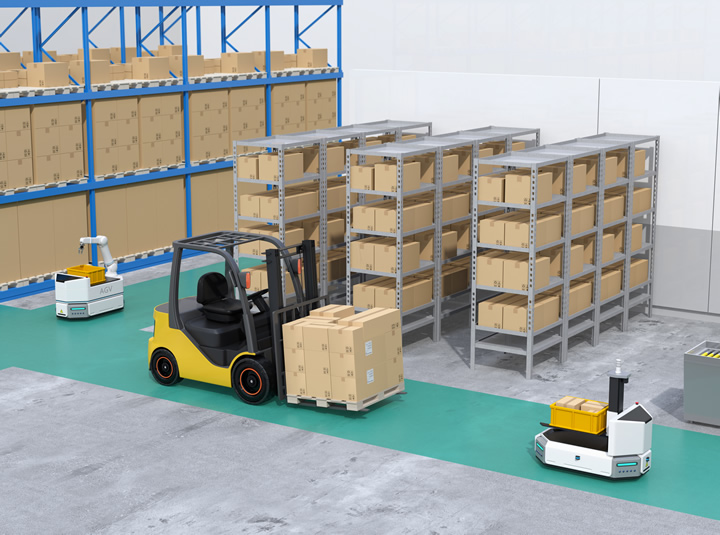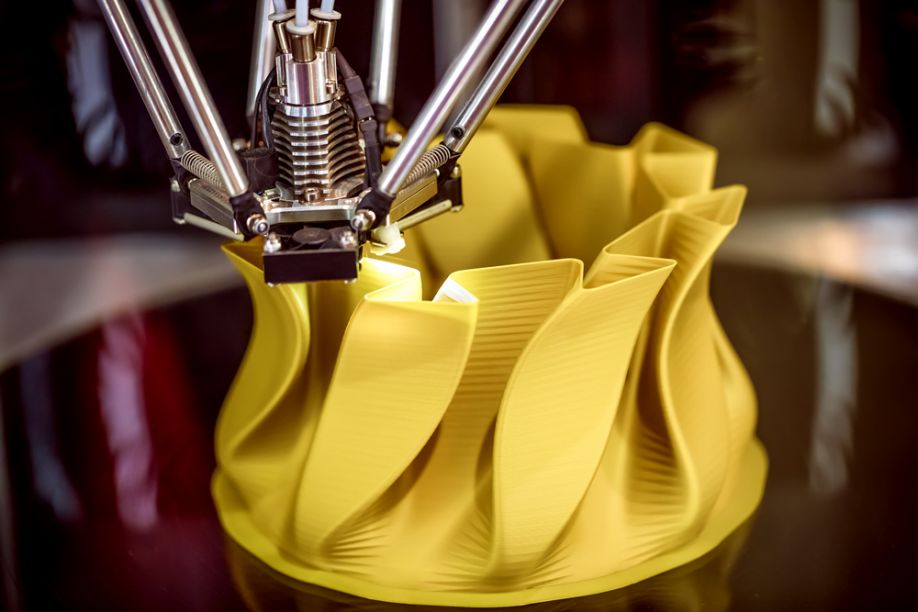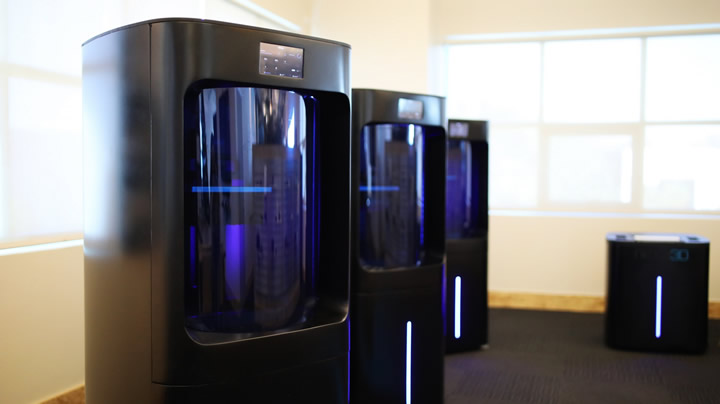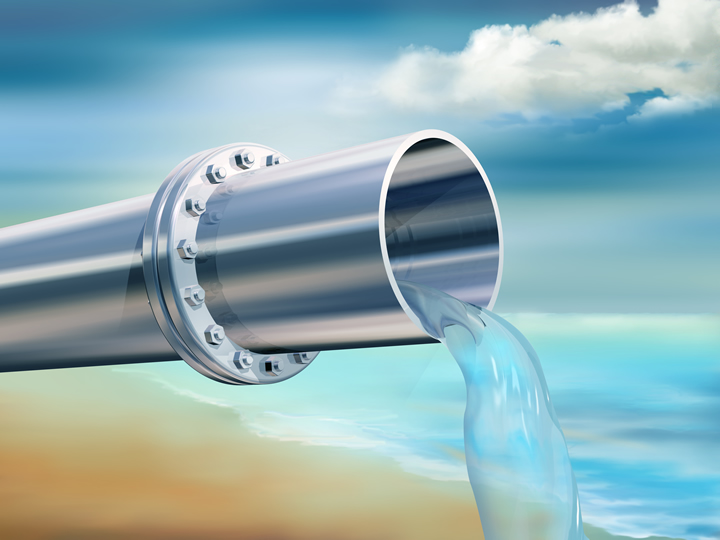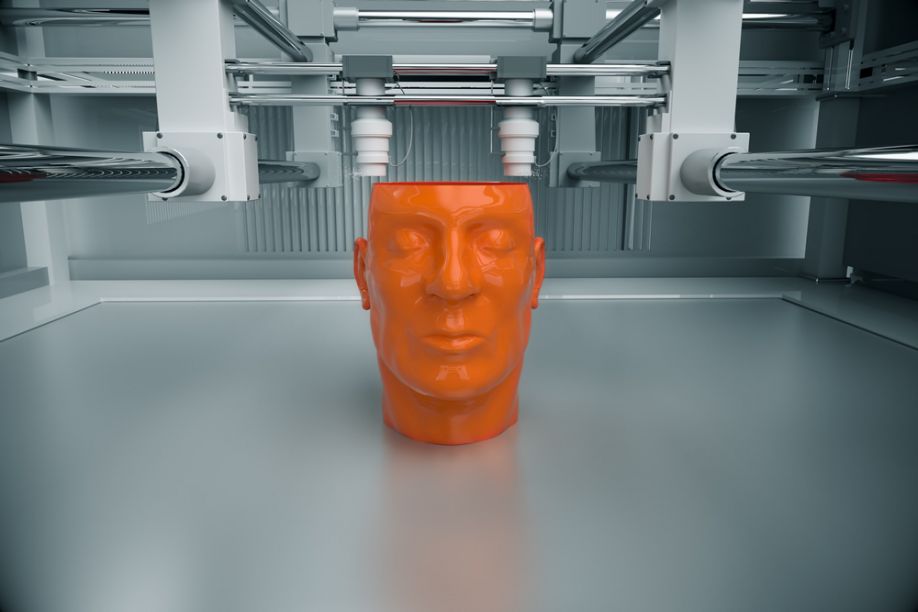Refurbishing Instead of Replacing
How Effective Recycling Practices Can Impact the Redistribution of Global Resources and Wealth
GF Raises the Bar for Sustainability, Efficiency with Expansion in Singapore
Zebra Survey Shows Eight-in-10 Millennials Expect More Transparency in Automotive Manufacturing
Sustainable manufacturing at the edge
Leveraging Technology for Developing the Circular Economy
New Solutions for Materials Manufacturing Reduce Environmental Impact in Construction
How to Identify & Avoid Greenwashing in Manufacturing
Minimizing Supply Chain Losses From Climate Change
Powering Additive Manufacturing with an Environmental and Social Impact Commitment
Rethinking material usage - How 3D printing enables dematerialization
It's time for change - Technology essential to tackle climate change
How to Conserve Water in Your Manufacturing Process
Using Sustainable Product Configuration to Enable Customer Choice
Keys to Biocompatible and Hypoallergenic Manufacturing
Records 16 to 30 of 34
First | Previous | Next | Last
Featured Product



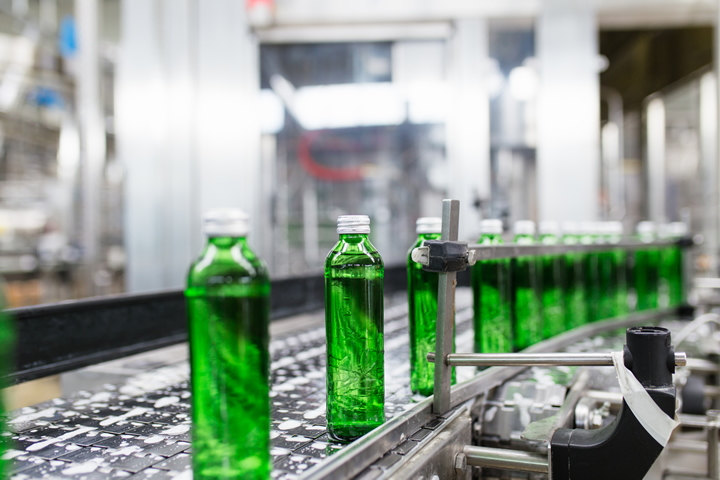
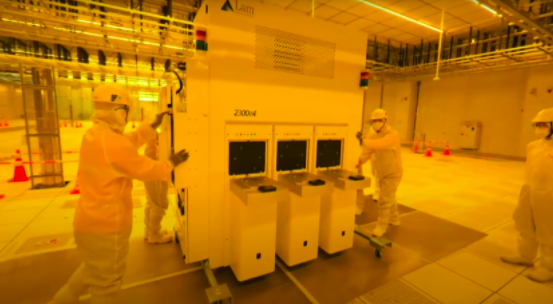


.jpg)
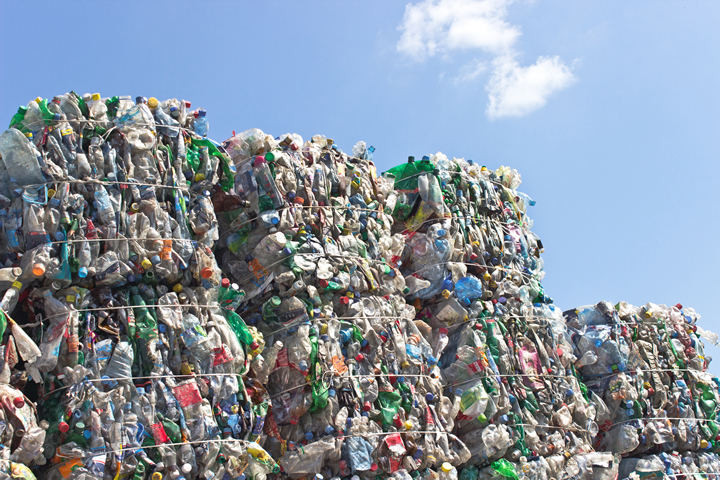
.jpg)
